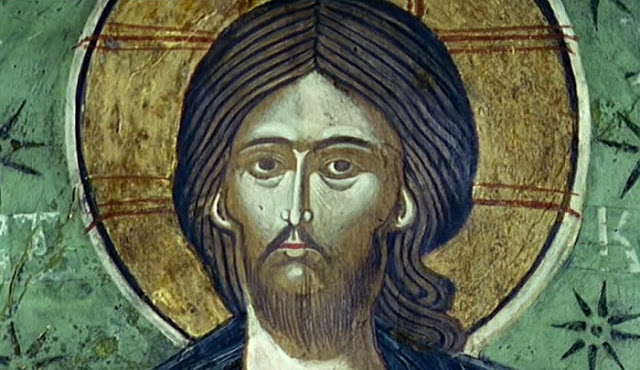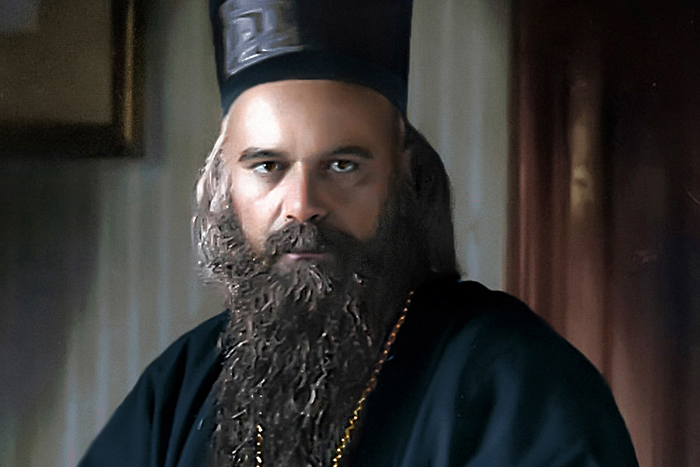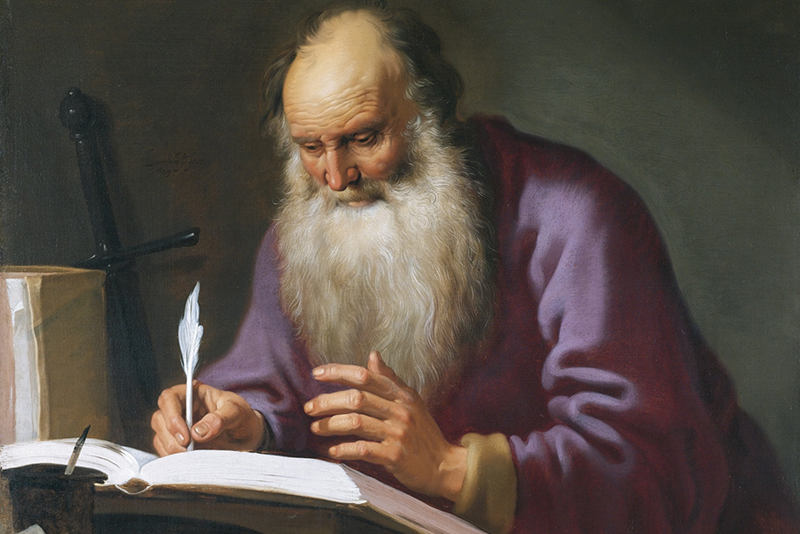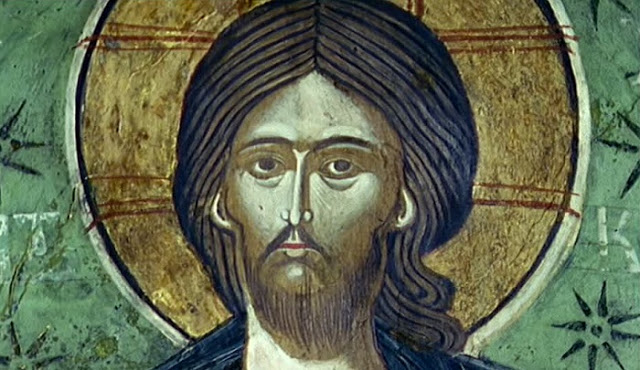
The Creed was formed (in part) because of a popular heresy at that time which stated that Jesus was part of God’s creation: that He was just a man. Which part of the Creed speaks of Jesus as truly God?
Shortly after the legalization of Christianity in 312, the Emperor Constantine convened the first ecumenical council. (“Ecumenical” is from the Greek economos, or “household.”) Indeed the entire “household” gathered: over 300 bishops from the Christian world. They came together to combat the heresy of Arianism that declared Jesus to be a “creature” of God, rather than coequal and coeternal.
In the Creed, the Church Fathers stated that Jesus was truly God with the phrases beginning with “Light of Light.” They continued to emphasize the equality of Father and Son with the phrases, “True God of True God, Begotten, not made; of one essence with the Father.” In the Creed, “begotten” has a special meaning assigned to it. Jesus was “begotten,” not created. Everything that exists is created by God. Only God Himself, the Trinity, is not created. Jesus existed from all time with the Father and the Holy Spirit.
***
“The Word, that is, the Son, was always with the Father.” (Irenaeus, “Against Heresies, Book IV,” ch. 20, section 3, 180 AD)
“Christ Jesus, the Son of God, because of His surpassing love for His creation, condescended to be born of the virgin.”
(Irenaeus, “Against Heresies, Book III,” ch. 4, section 2, 180 AD)
(Irenaeus, “Against Heresies, Book III,” ch. 4, section 2, 180 AD)
***
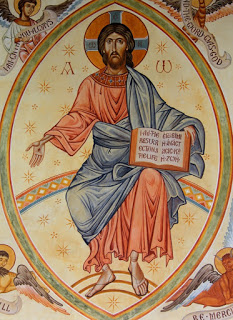
The divine Son of God was born in human flesh for the salvation of the world. This is the central doctrine of the Orthodox Christian Faith; the entire life of Christians is built upon this fact. They Symbol of Faith stresses that it is “for us men and for our salvation” that the Son of God has come. This is the most critical biblical doctrine, that “God so loved the world that He gave his only-begotten Son that whoever believes in Him should not perish but have everlasting life.” (Hopko, “Doctrine,” 66)

